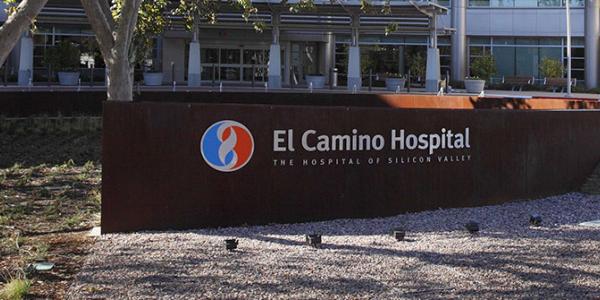


March 10, 2017 – The purpose of the investigation, called an Epi-Aid, was to utilize existing data to develop specific prevention and control recommendations on youth suicide prevention that can be used at the school, city, and county levels. The report examined the patterns and trends of fatal and non-fatal suicidal behaviors among youth in the county from 2008 through 2015.
“Since the initiation of our ASPIRE program, the goal at El Camino Hospital is and always has been to address and prevent the unique mental health stressors youth and young adults in the community are experiencing. El Camino Hospital has done extensive work in this area and have created our After School Interventions Resiliency Educations (ASPIRE) to promote emotional wellness for young people in our community. This supportive environment allows participants to gain healthy behaviors and learn how to manage their feelings, emotions and personal interactions with others. Participants take part in individual therapy, group sessions and activities that allow them to practice what they have learned. Family members are also encouraged to participate in these therapeutic sessions,” said Michael Fitzgerald, Executive Director, Mental Health & Addiction Services.
For the past eight years, the ASPIRE program has worked with teens with anxiety, depression or other mental health conditions. In the past year, the program expanded to include the critical stages identified in the report as high risk, ages 20-24, through our Transitional Age Youth (TAY) program.
El Camino Hospital is committed to developing programs and services designed to address the unique mental health needs in our community. As part of our effort to address these issues, the hospital is constructing a new building dedicated to mental health and addiction services, scheduled to open in 2018.
For more information about ASPIRE or other El Camino Hospital mental health services, please contact 866-789-6089.